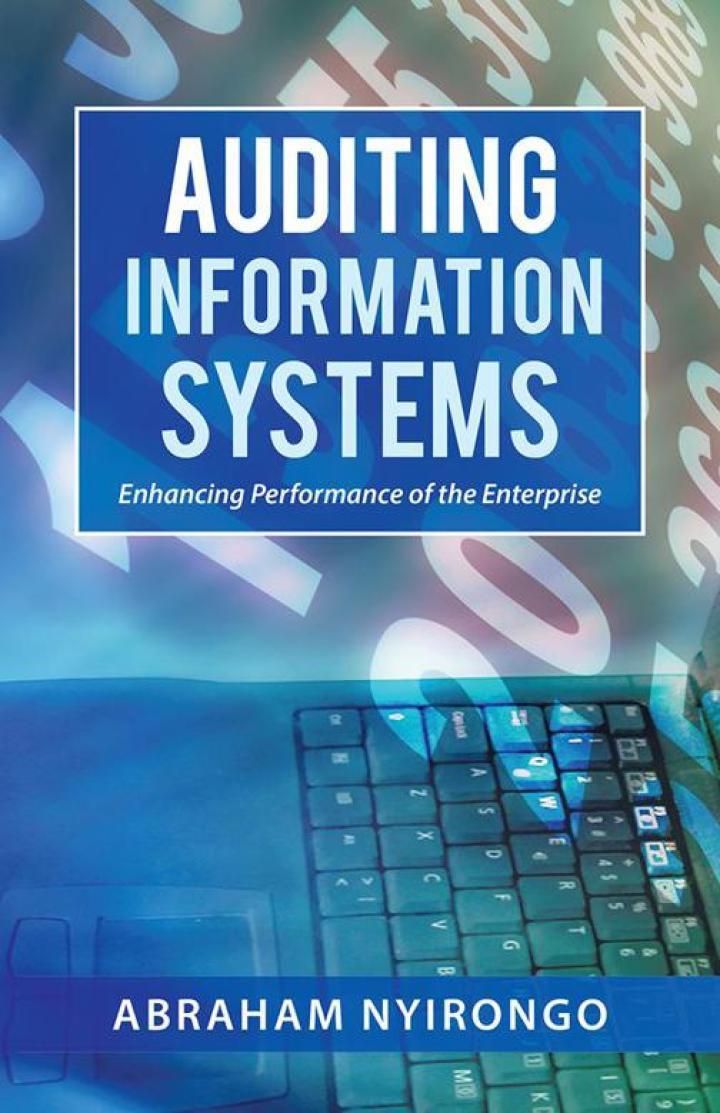Answered step by step
Verified Expert Solution
Question
1 Approved Answer
I figured out that the operating income is $4300, but may I have help with question 5? Here is any additional info you may need:
I figured out that the operating income is $4300, but may I have help with question 5?

Here is any additional info you may need:

QUESTION 4 1 points Save Answer Investment Scenario: Calculate the following using the existing product mix, prices, but with an investment in new equipment. Assume a total volume of 500 units. The new equipment will result in higher fixed costs (equipment depreciation increases by $4,700) and lower variable costs (decreased DL variable cost by $9 for the Blue Line, i.e., $35 becomes $26; and decreased DL variable cost by $9 for the Black Line, i.e., $60 becomes $51) The total operating income is $ QUESTION 5 1 points Save Answer (rounding to 2 decimal places, e.g., Under the investment scenario, Operating Leverage is 4.232=4.23; 8.505=8.51; 3.6=3.60) QUESTION 1 1 points Save Answer Italian ski-boot manufacturer Dalbello has hired you as a consultant to perform cost-volume-profit analysis. They would like you to build a CVP analysis tool to help their managerial accountant project the results of investment, marketing and pricing decisions. Dalbello produces two lines of ski boots, one for recreational skiers (Blue Line) and one for advanced skiers (Black Line). Financial information is as follows: $30 2018 Results Blue Line Black Line Product mix 80% 20% Selling Price $140 $310 DM Variable Cost / Unit DL Variable Cost / Unit $35 Factory Rent and Overhead $14,000 Production Equipment Depreciation $5,500 SG&A Costs $7,000 R&D Costs $1,500 $50 $60 Note that factory rent and overhead, equipment depreciation, SG&A costs, and R&D costs cannot be split between the product lines and are fixed. For simplicity, assume that there are no variable manufacturing overhead costs, no variable non-manufacturing costs and no inventory. Scenarios to Analyze: A) Base Scenario: Calculate the following using the existing product mix, prices and costs. The weighted average contribution margin per unit is $
Step by Step Solution
There are 3 Steps involved in it
Step: 1

Get Instant Access to Expert-Tailored Solutions
See step-by-step solutions with expert insights and AI powered tools for academic success
Step: 2

Step: 3

Ace Your Homework with AI
Get the answers you need in no time with our AI-driven, step-by-step assistance
Get Started


